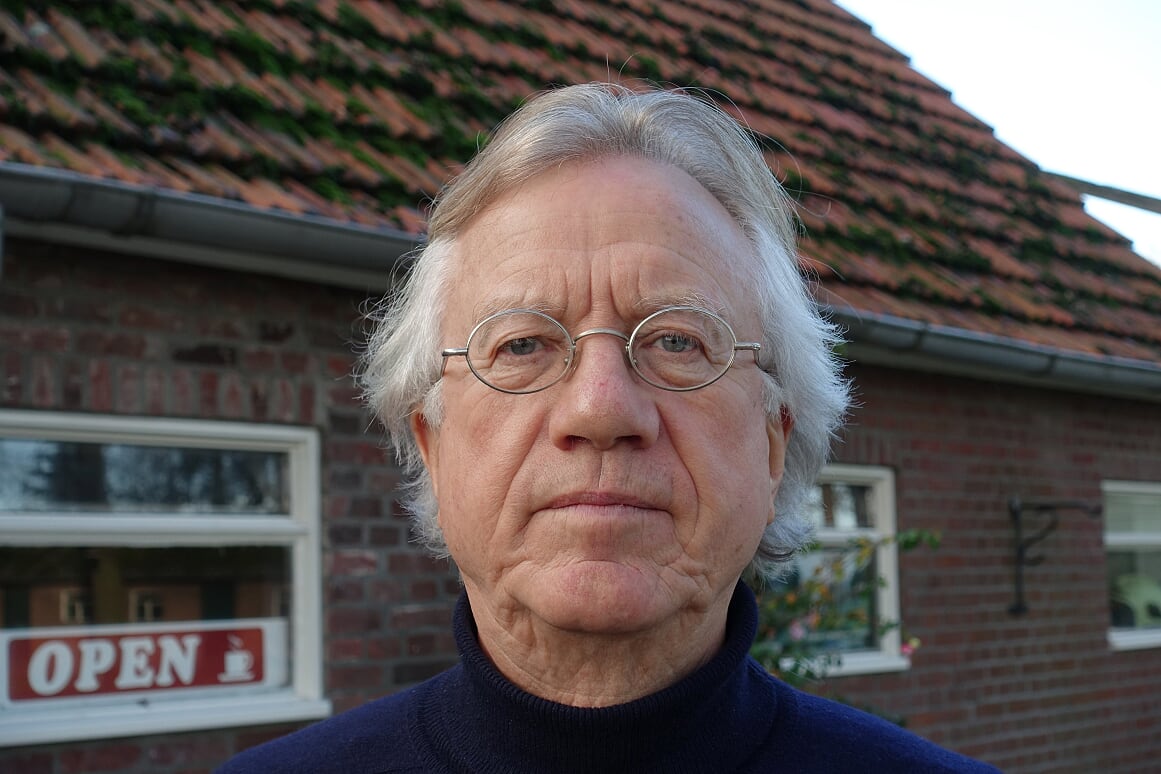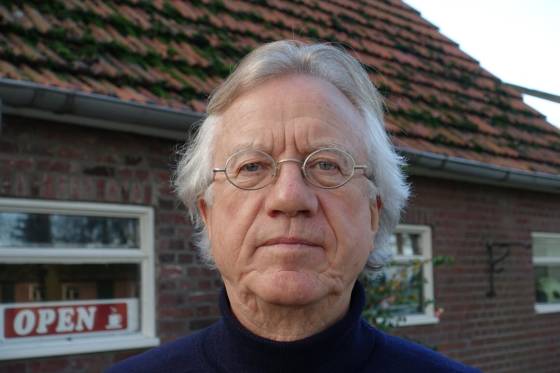Wynia’s Week: Prime minister Mark Rutte is nearing his sell-by date


It is a wise move by Dutch prime minister Mark Rutte to scupper any rumours he might want to stand down and accept an international position. However, his professed attachment to his favourite cafes and Indonesian restaurants in The Hague are not deceiving anyone. We all know that he knows he’ll have to decide sooner rather than later, says commentator Syp Wynia
Tell the public you’re leaving and you’re a lame duck. Your authority wilts, cabals form behind your back and you’re ghosted while still politically alive, if only just.
That is why Rutte is wise always to appear to want to remain as prime minister for ever and to present himself as the main VVD candidate for the general election scheduled – if nothing happens – for March 17 2021. It seems a long way off but it’s only 15 months from now.
Rutte only has to look at his predecessors to know what not to do. Ruud Lubbers (1982-1994) publicly denounced his chosen successor who had become too uppity and the CDA suffered a crushing defeat. Labour’s Wim Kok (1994-2002) saw his party plunge when his successor proved no match for Pim Fortuyn. Christian Democrat Jan Peter Balkenende (2002-2010) won three elections but foundered dismally when people had had enough. There is no reason to think Mark Rutte should escape a similar fate after 10 years in the saddle so what are his options?
Two is enough
It should be clear by now that two terms as prime minister is enough. The United States, where Franklin Roosevelt was elected for a whopping four, decided eight years was plenty as early as 1947.
It’s no different for other jobs. A company with a CEO that hasn’t changed in eight years is a neglected company. There is no new input, and the person in charge identifies himself with his function and takes his mandate for power for granted.
German chancellor Helmut Kohl started behaving as if he owned the country and the party, ending in an election defeat and the revelation of illegal party funding. In his case his long stint in the top position had eroded his integrity as well.
Mark Rutte knows all this. The question is will he learn from it? He should, that much is clear. If Rutte wants a career beyond Dutch politics he should give up his apparent wish to become the country’s longest sitting prime minister. That means he shouldn’t put himself forward as VVD campaign leader for the next elections.
Leadership election
And if the VVD has any sense at all it won’t leave the question of who will be the next leader up to the prime minister. It must organise a leadership election in which candidates don’t slag each other off and which will end in a clear choice.
And Mark Rutte should go forth into the wide world, perhaps not to the EU, which has no top jobs on offer at the moment, but to the United Nations. It has always been the go-to for former prime ministers of small countries, especially if they are among its more generous sponsors.
There are a number of other reasons for Mark Rutte not to want to stay on at any cost. The VVD has been in power under his auspices for nine years but it has also been getting smaller. In 2006, when Rutte became leader, the party had over 40,000 members. It now has fewer than 25,000. Votes for the party in the provincial and European elections in 2019 were half of what they were in the 2012 general elections.
Memory lapses
Mark Rutte is nearing his final sell-by date. His recent memory lapses (bonnetje, civilian deaths in Iraq, travel expenses) do not mean he should seek medical advice pronto but it is not a good sign.
Rutte seems to be losing his social antenna. He is doing business with companies and lobbyists but he is forgetting ordinary citizens who have been taking to the streets in increasing numbers.
The other parties would do well to prepare for the post-Rutte period, with new opportunities, fewer power games and a focus on the interests of the citizens of this country. Meanwhile a new law should be proposed to limit the number of terms to two.
This column was first published in Wynia’s Week.
Syp Wynia is a journalist and columnist who writes primarily on politics and economics, as well as Europe, migration and the government’s finances.
Thank you for donating to DutchNews.nl.
We could not provide the Dutch News service, and keep it free of charge, without the generous support of our readers. Your donations allow us to report on issues you tell us matter, and provide you with a summary of the most important Dutch news each day.
Make a donation